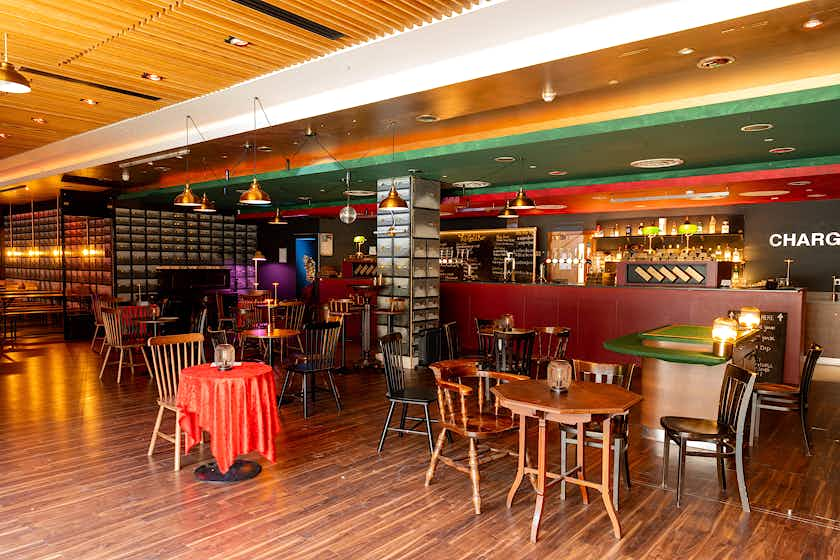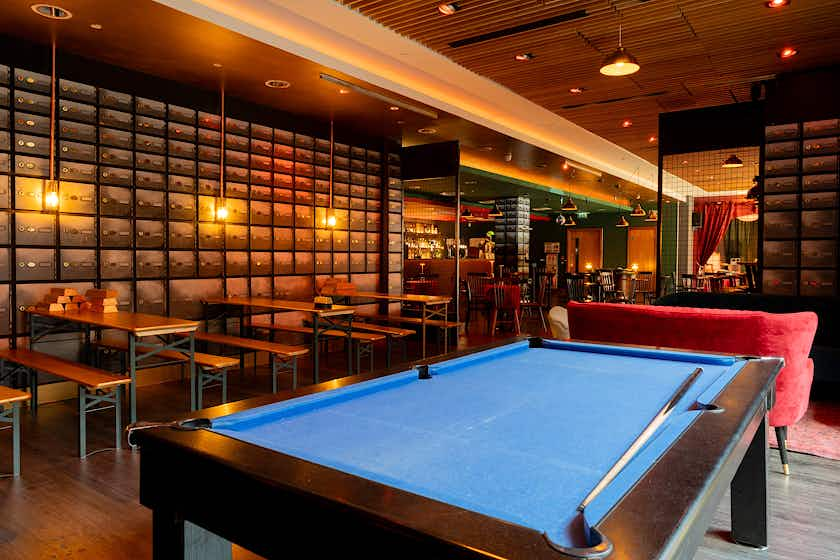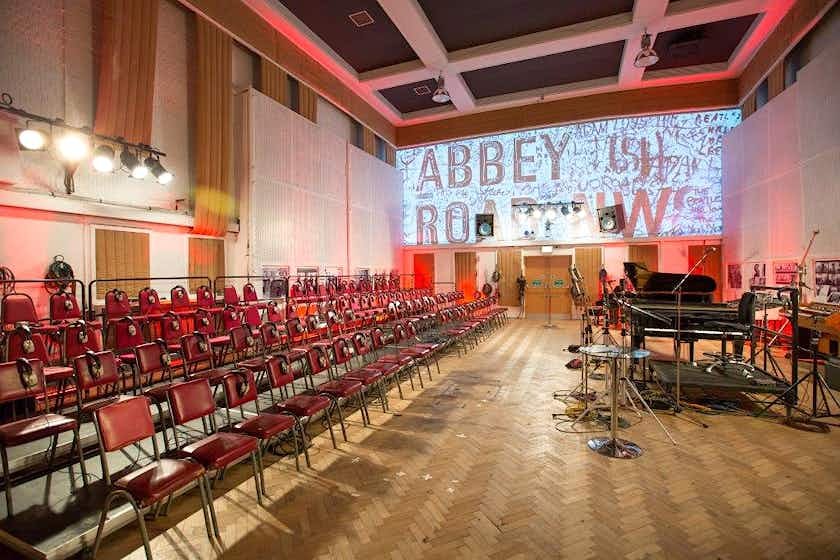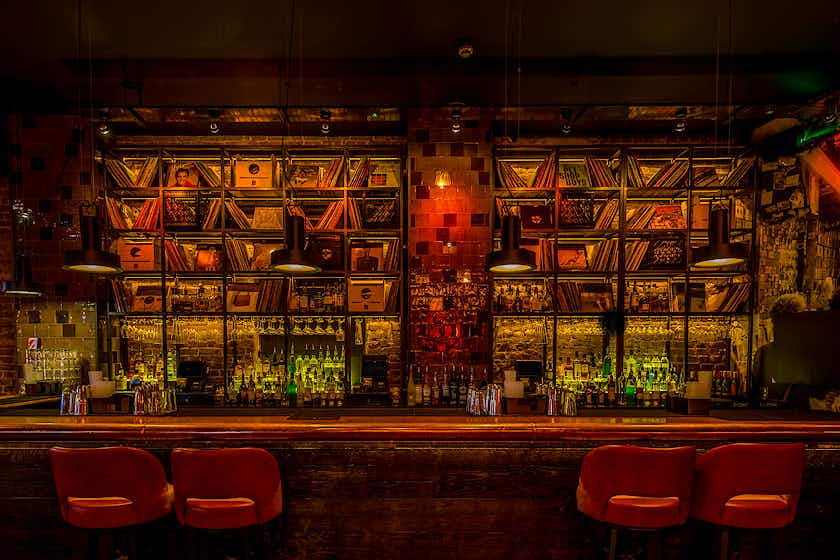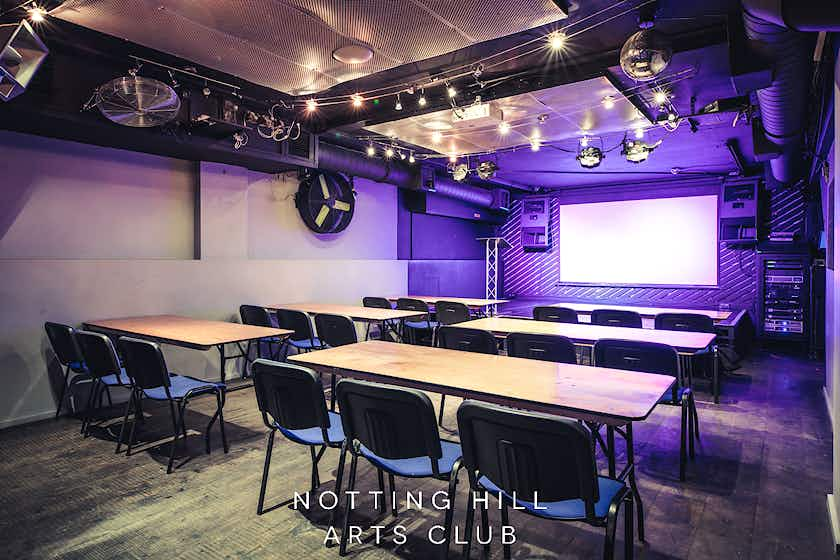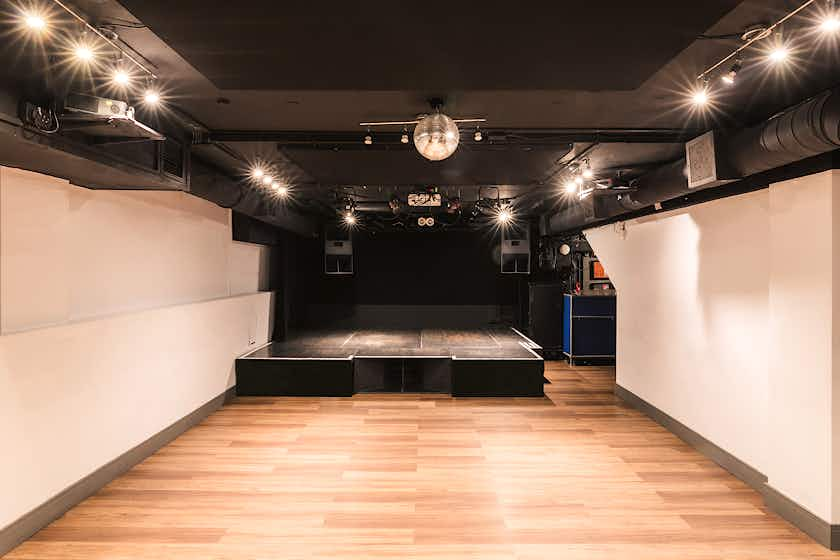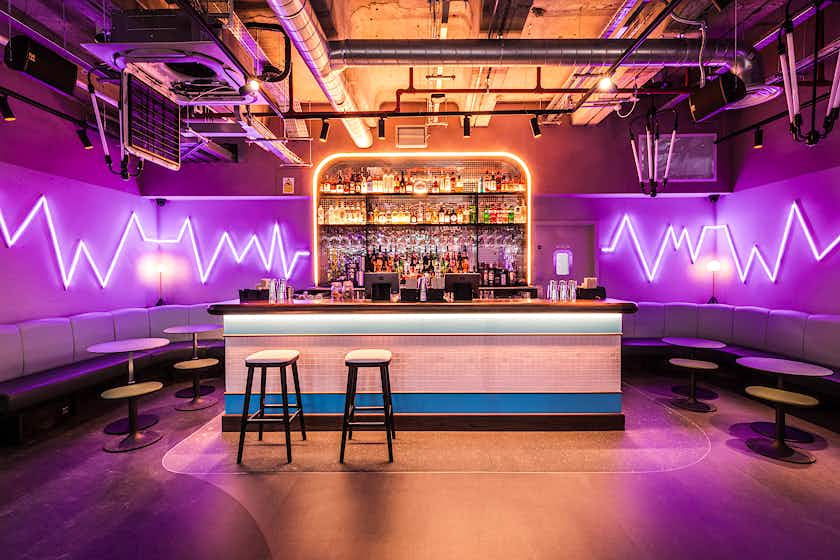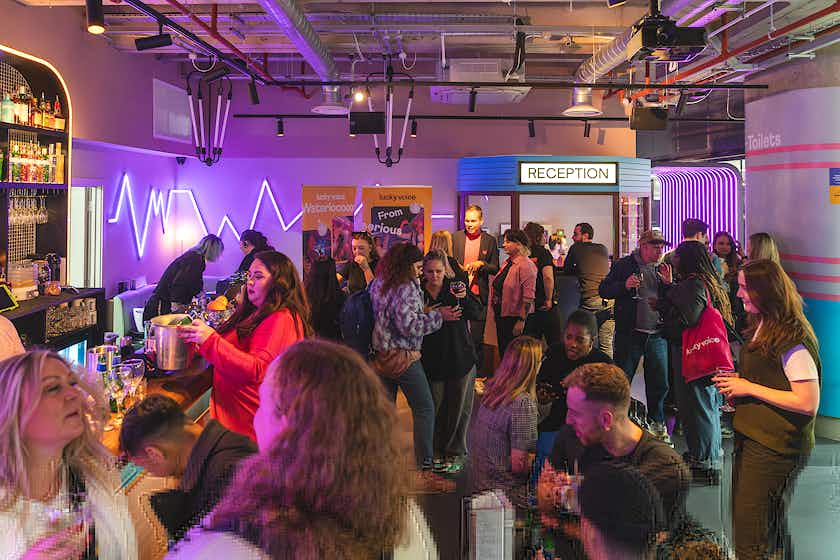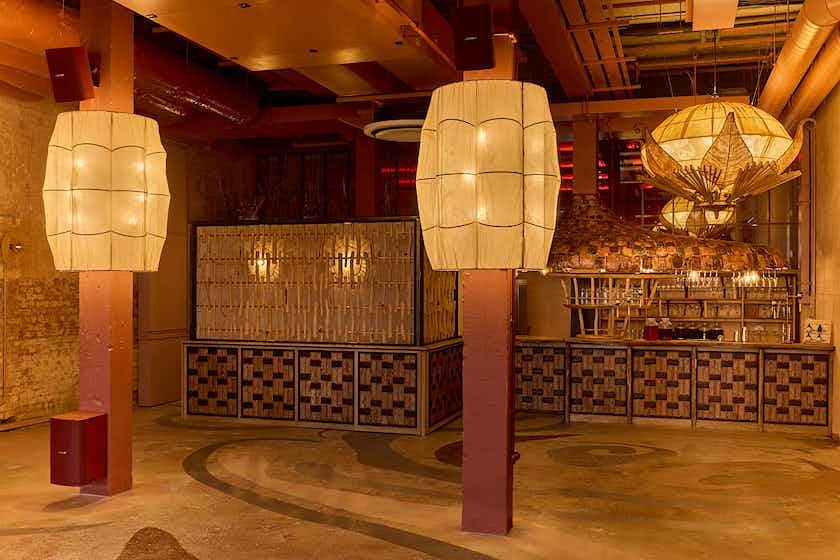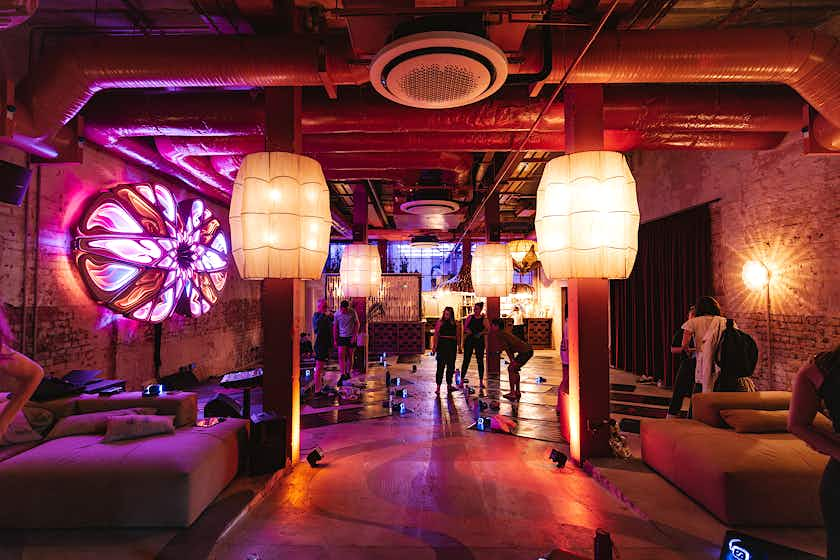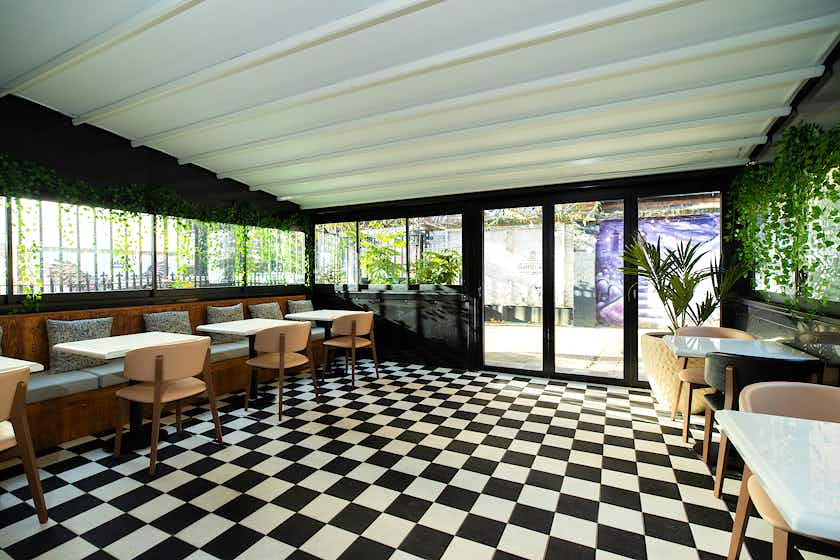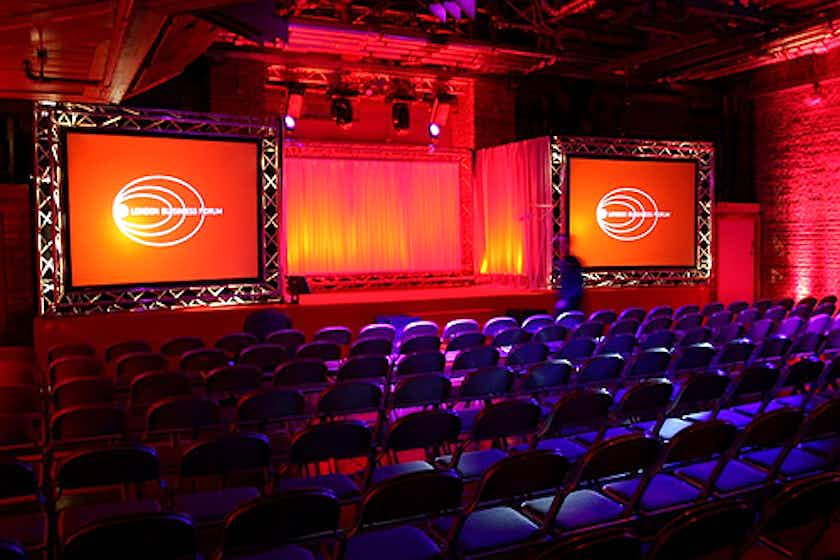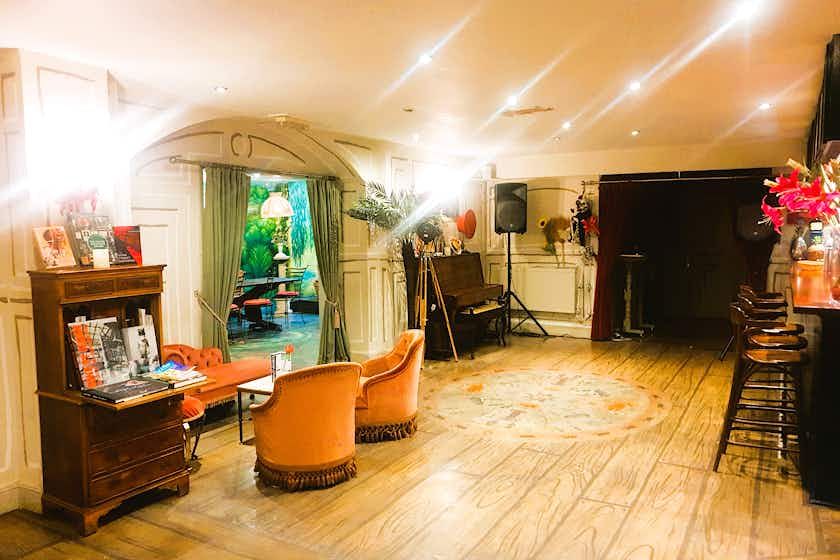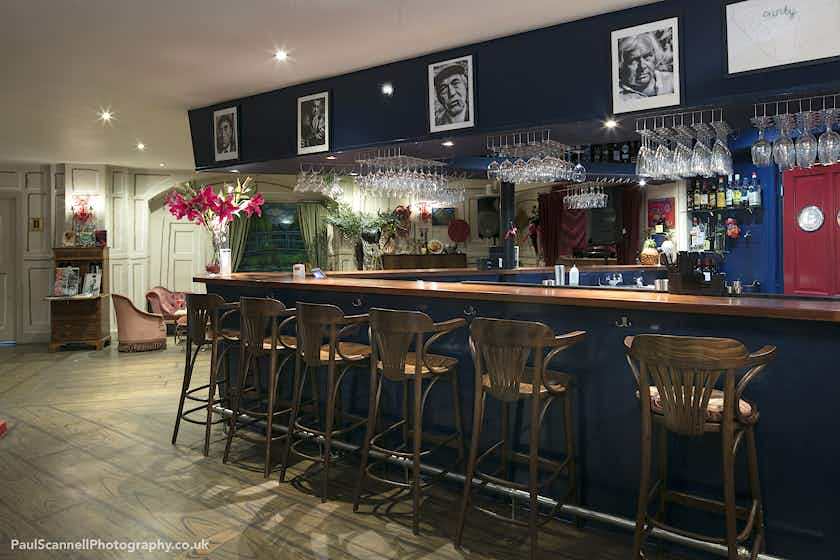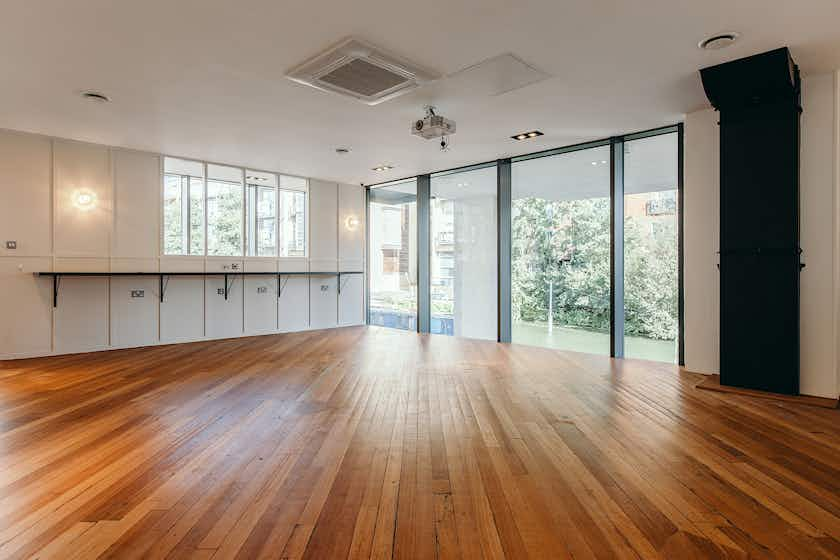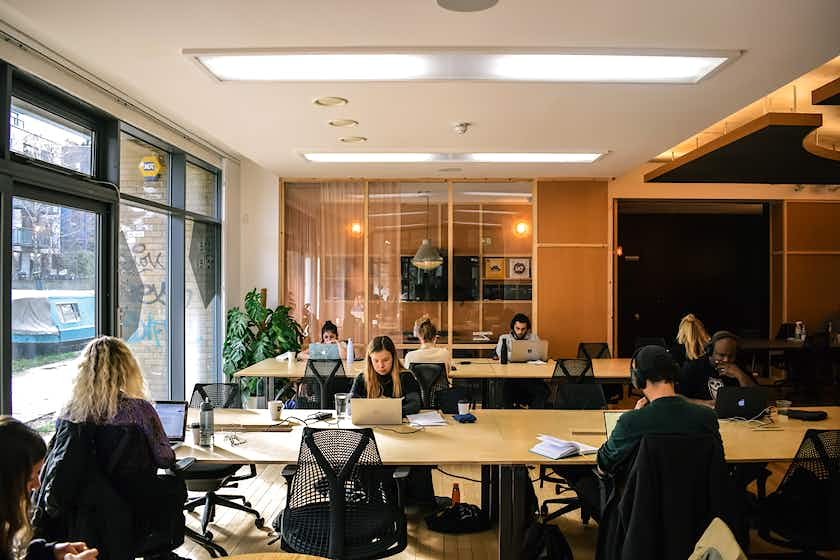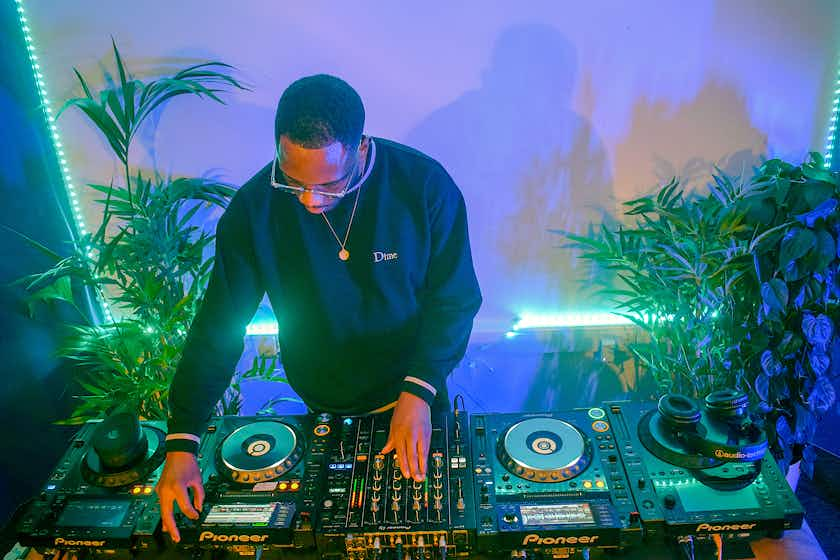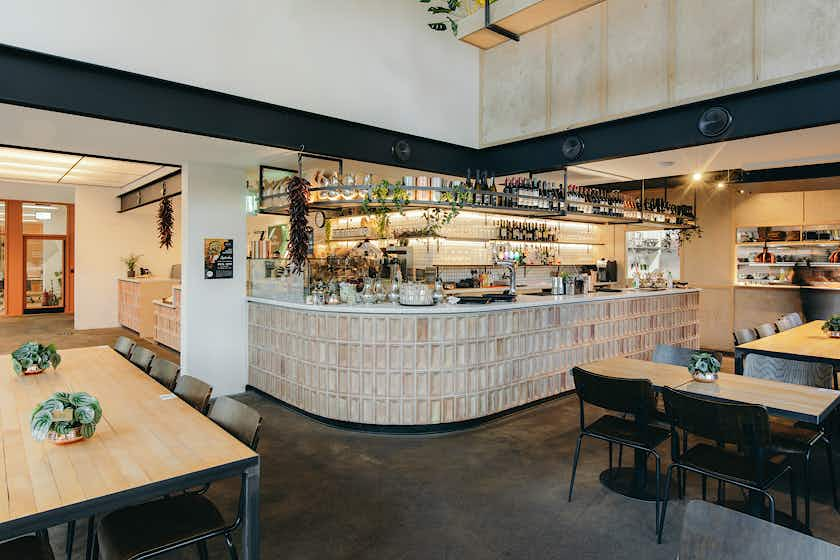If you’ve always dreamed about getting into
events and promoting the local and new bands that you love and care about, then
sometimes the best way to do so is just by diving in and learning on the job. Of
course, it takes a lot to organise your first gig, so you’re going to need to
think and plan a lot to make sure you get the logistics right. After every
successful event, you’ll learn more about the best ways to keep both bands and audience
happy. To help you bring your first event together, we’ve created this step-by-step
guide to get you started.
Step 1: Time to Think About Money
What type of a budget you have to spend is
the first thing that you need to consider. After all, the bands will need to be
paid, and you might need to pay for venue hire. While you can of course recoup
this in ticket sales, generating enough isn’t always guaranteed, particularly when
it’s the first time you’ve hosted a gig. You will need to be realistic with
yourself and with others about how much you have to spend, taking into account
the worst-case scenarios. Once you have a figure in your head, you can move on
to the rest of the planning.
Step 2: Time to Talk to Venues
Getting a venue on board with your plans
will be your next step. You’ll need to be honest with them about your budget,
but many are willing to listen to any idea that will bring in more punters to
their premises. If your first gig goes well, they might even give you a regular
slot on the bill. There are music venues for hire in London throughout the
city, so find one that suits you locally that you know will draw in the crowds.
Some venues can even be hired on a minimum spend basis, which means that so
long as the audience spends a certain amount at the bar, you won’t be charged
for room rental at all.
Step 3: Time to Talk to Bands
Now that you have a venue secured, it’s
time to talk to potential acts for your first gig. Maybe you know some of the
bands and singers personally and so have mentioned that you’d like to host a
gig before, but even if you haven’t, now is the time to set all of the details
down in stone. If you’re lucky, some may be happy to play for free, however many
artists expect some form of payment and it’s their right to receive it for all
of their hard work. The size of the venue you’ve booked will change who you ask
to play. For new, local artists, a small pub or club is perfect, and they’ll be
happier to have a gig to play and to get their name out there.
Step 4: Time to Promote
The power of the internet can never be underestimated
when it comes to promoting a music gig. Share the details far and wide, and let
everyone know where it is, what time is starts, who’s playing and how much it costs.
Having a promotion on for the first few people through the door will encourage
everyone to turn up early. Head to the different local music groups and share
your event there as well. Of course, if you have the budget for it, printing
out a basic poster and having it up in the venue as well as other local bars
and music clubs in the area will help as well. Yet at this stage, social media
is really going to be the marketing tool that you will most rely on the get
your first gig up and running.
Step 5: Time to Talk Tech
If you’ve done your research and asked the
right questions when hiring your venue, then you’ll know what type of sound
system is available to you. This has to be one of the most important things to
the success of any music gig. If the sound system isn’t up to scratch, none of
the audience will return for a second gig. This is why looking into well known
clubs and pubs may stand to you in the long run. You will need to get a list of
all of the equipment that each band is bringing with them, and what they need
on the night. Having a good sound technician is of course a must. Sometimes they
will be recommended by the venue, and sometimes you’ll have to find your own.
Having all the bands down for the sound test to check on everything is also
something that can’t be missed.
Step 6: Time to Timeline
For any event, you need a timeline of when
things are to happen, and a music gig is no different. Of course, things can
get delayed, but sticking to the times that you have listed will give you a reputation
for being punctual and your audience will respect that. Make sure you know what
time everything needs to shut down by and follow that completely or you’ll soon
find yourself without a venue. Having a detailed timeline for when everyone is
to arrive, when soundcheck is, what time doors are opening at, and so on, will
help with the logistics of the whole event. Everything will run much smoother
with in in hand.
Whether you’re planning a one-off gig, or
you hope that it’s to be one of many, your first music event will always be
nerve-wracking. Make sure that you take the time to enjoy the bands that you’ve
brought together on the night and have a chat to them all afterwards. Always be
open to feedback on anything that could be improved upon, and you might find yourself
hosting your next gig a lot sooner than you might think.







